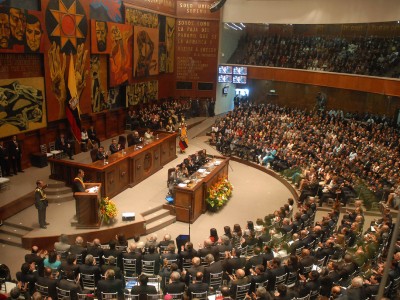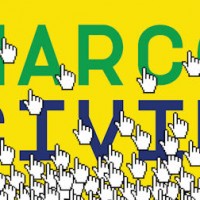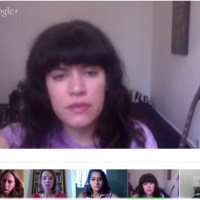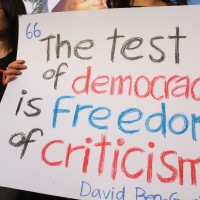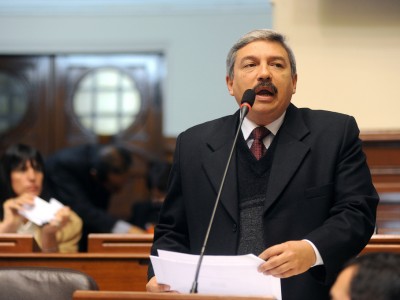Stories about Privacy from October, 2013
Argentina and the New Surveillance Tech: Watching Your Every Move
Be careful where you look, what you touch, and how you walk -- the government may be watching. Ramiro Alvarez Ugarte explains how Argentina's biometric data collection system infringes on citizens' privacy.
Ecuador's New Penal Code Would Violate Internet Privacy
Civil society organizations explain that the way Ecuador's new penal law is proposed, all telecommucations services will have to store the data and connection traffic of their users, despite the risks that this entails.
Internet and Statecraft: Brazil and the Future of Internet Governance
Brazilian President Dilma Rousseff has pledged to make Brazil an international pioneer for human rights online. Policy expert Carolina Rossini weighs in on what this could mean for the future of the global Internet.
Zambia: Careful What You Say — the President is Listening
Ethnic group leaders in Zambia are finding government surveillance devices planted under their thrones and even in their bedrooms.
GV Face: Fighting for an Open Internet in Brazil
This week on GV Face, Global Voices' weekly video hangout series, we talk with Brazil author Raphael Tsavkko, Internet policy expert Carolina Rossini and Joana Varon, an author of Brazil's Marco Civil da Internet bill.
From Brazil to the World: the Marco Civil and Internet Governance
Brazilian President Dilma Rousseff delivered a searing critique of US government surveillance programs at the UN this fall and presented Brazil as a leader in upholding human rights online. Will she follow through on her promise?
Southeast Asia: Dictatorships Are Gone, But Censorship Hangs On
Both off and online, censorship is still enforced in several Southeast Asian countries through the use of draconian laws and strict media regulation.
Will Ecuador Criminalize Slander on Social Networks?
New proposed measures against slander and libel on social networks, including mandatory installation of surveillance cameras at Internet cafes, could have a big impact on free expression and privacy.
Peru: Congress Passes “Practically Secret” Version of IT Crimes Act
In final deliberations over the controversial IT Crimes Bill, also known as the Beingolea Law, Congress members created and unanimously approved a new version of the bill, leaving no opportunity for public scrutiny of the law.


